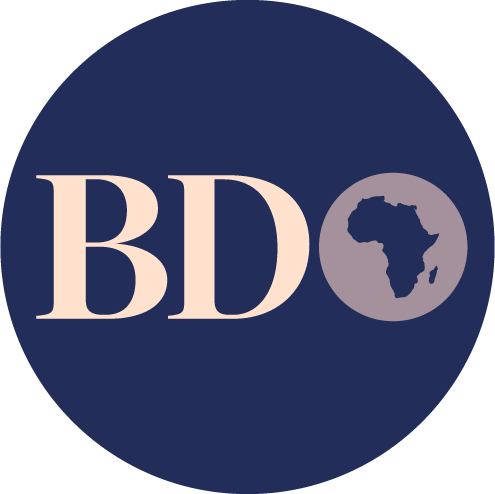Dr Janette has children’s matters at her heart. Her trajectory in life is inspired by what her dad instilled in her when she joined Pangani Girls’ High School –to do her best. More than a decade later, she is still doing her best. Now, she has a specific goal: to ensure that newborns in Kenya receive the best healthcare through the policies that she actively crafts and implements at the Health ministry.
She says her parents, aunts and uncles unknowingly mentored her to be a stellar career woman. Because they excelled in whatever fields they were in, that was enough reason for her to outrival her mates. She adds that having a relationship with God, and friends in her corner, has also made her outstanding.
Dr Janette studied for a Bachelor of Medicine and Bachelor of Surgery degree. She also holds a Master’s degree in Public Health. Her passion arose from the gaps she saw in the healthcare system during her internship.
While she acknowledges that climbing the career ladder has not been all rosy, Dr Janette says that her biggest highlight was getting funds for the ministry after writing a grant proposal for maternal and newborn care.
"Prioritising their care is actually prioritising the security and financing the growth of our country."
She is proud to have played a part in designing key aspects that feed into the country’s Universal Health Coverage, especially the need for Primary Health Care.
Janette’s passion for newborns is fueled by the children’s future. She says that prioritising their care is actually prioritising the security and financing the growth of our country.
Her advice to young people, especially those who are in the medical field?
“Look for opportunities that align with what they want to be after school. While school exposes young doctors to the clinical field, get mentors in other fields like health economics or even public health, if you wish to diversify your skills,” she says.
As a leader, Dr Janette has learnt that academics and technical know-how are not enough.
“People skills are equally important,” she says.
When leading people, one may have their own biases, Dr Janette says that it is important to sift your own bias as a leader and be open to other people’s points of view, listening to them and taking criticism.
– By Hellen Shikanda

